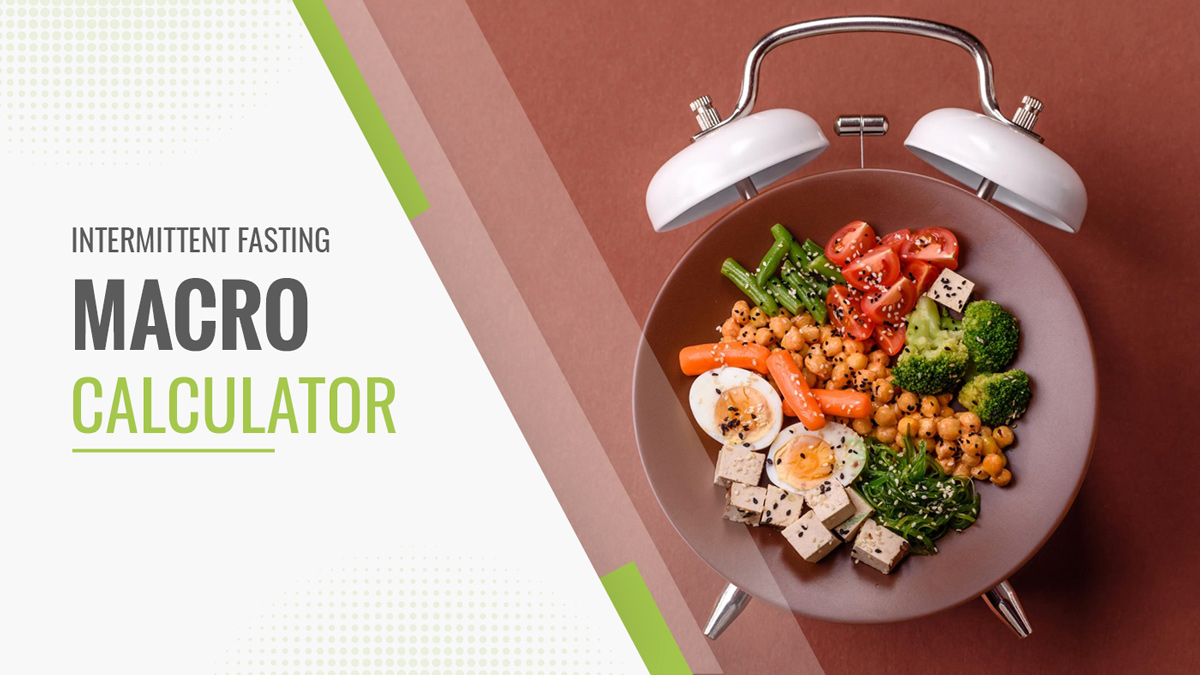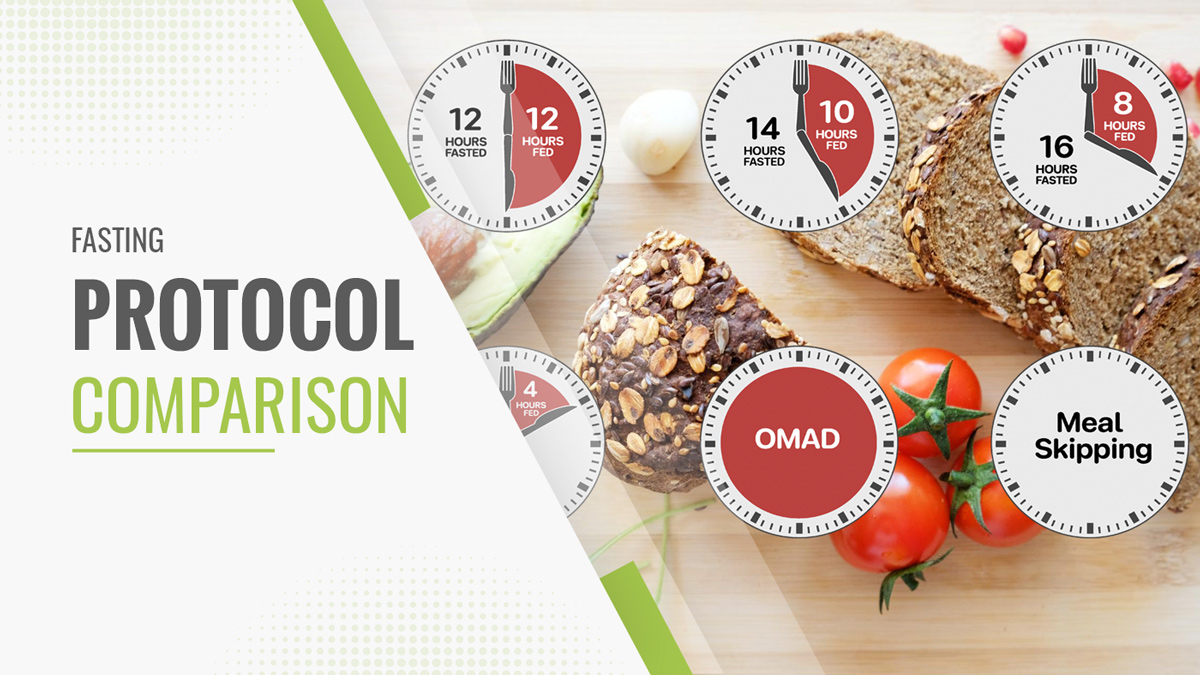The running calories burned depend on your bodyweight, distance, and the speed. For instance, a person who weighs 130 lbs and runs at a rate of 10 minutes per mile will burn around 100 calories per mile, but a person who weighs 200 lbs will burn averagely 155 calories per mile when jogging at the same pace.
Running and Jogging Calorie Calculator
.
Distance in Miles:
Time in Hours:
Time in Minutes (Max - 59)Calories Burned
Distance Covered
Running Pace
Running Duration

How To Use The Calories Burned Running Calculator
The calories burned running calculator isn’t quite as simple to use compared to a lot of our other health tools. However, it’s certainly not difficult to navigate if you keep things simple.
To ensure an easy experience for you, we’ve included step-by-step instructions in detail below.
Step 1: Choose your preferred unit of measurement: Imperial (lbs, hours, and minutes) or metric (kilograms, hours, and minutes).
Step 2: Enter your weight.
Step 3: Enter the distance in miles (.e.g, 1, 2, 1.2, 1.4, .2, .4, etc).
Note: There are two boxes for distance. The first is for whole numbers (e.g, 1, 2, 3 miles). The second box is for fractions of a mile (e.g., .2, .4, etc). You can use either or in case you run exactly one mile or less. It’s important to note that you mustn’t leave any box empty. Therefore, you can simply put 0 in either box, if needed.
Step 4: Enter the running time in hours, minutes, and seconds. Note: If less than an hour, put a 0 in the hours box and fill in the minutes and seconds boxes.
Step 5: Press Calculate!
How Many Calories Do You Burn Running?
The number of calories that you can burn during activity depends on a few different factors such as your weight, body composition, exercise intensity, and duration, or how long you perform the activity. Therefore, this can highly vary.
But that’s the point of this calculator. You punch in the necessary details and it’ll give you a close estimate of calories burned running.
But we’ve provided a few examples of how our calculator will estimate energy burned.
According to the calories burned running calculator, a 125 lb person who runs 2.1 miles in 20 minutes and 25 seconds will burn 199 calories. This is approximately 9.43 minutes per mile.
But let’s say a 185 lb person runs the same distance in the same time. They will burn approximately 294 calories.
As you can see, how many calories you can burn running or doing any activity for that matter, will depend on a few different factors.
If you are looking for more details regarding calorie expenditure during various running activities, you can refer to the table below:
| Type of Activity | MET | Estimated Calories Burned |
|---|---|---|
| Running 4 mph (13 min / mile) | 5 | 334 |
| Running, general | 8 | 535 |
| Running, training, pushing a wheelchair or baby carrier | 8 | 535 |
| Running / Jogging) (5/mph) | 8 | 588 |
| Running 5 mph (12 min / mile) | 8.3 | 555 |
| Running 5.2 mph (11.5 min / mile) | 9 | 601 |
| Running, cross country | 9 | 601 |
| Running 6 mph (10 min / mile) | 9.8 | 655 |
| Running on a track (team practice) | 10 | 668 |
| Running 6.7 mph (9 min / mile) | 10.5 | 702 |
| Running 7 mph (8.5 min / mile) | 11 | 735 |
| Running 7.5 mph (8 min / mile) | 11.5 | 768 |
| Running 8 mph (7.5 min / mile) | 11.8 | 788 |
| Running – 7/mph | 12 | 845 |
| Running 8.6 mph (7 min / mile) | 12.3 | 822 |
| Running 9 mph (6.5 min / mile) | 12.8 | 855 |
| Running, marathon | 13.3 | 889 |
| Running 10 mph (6 min / mile) | 14.5 | 969 |
| Running, up stairs | 15 | 1002 |
| Running 11 mph (5.5 min / mile) | 16 | 1069 |
| Running 12 mph (5 min / mile) | 19 | 1270 |
| Running 13 mph (4.6 min / mile) | 19.8 | 1323 |
| Running 14 mph (4.3 min / mile) | 23 | 1537 |
Understanding MET Values
The MET value, or metabolic equivalent, is a useful tool that helps estimate energy expenditure for a wide range of activities, such as different types of running. A MET value is essentially the ratio of the working metabolic rate to the resting metabolic rate [1], representing the energy used relative to the time spent participating in activities like running.
In simple terms, a MET value of 1 equals the energy expended at rest, while a value of 9 means 9 times more energy is used compared to resting.
The average person is said to burn about 100 calories per mile while running, but this varies. To estimate calories burned, scientists use MET values, showing calories burned during an activity compared to resting.
Running MET values range from 5 to 23, depending on speed. Calories burned during running depend on factors like weight, duration, and pace. Use the above calculator for a customized calculation.
How the Running Calorie Calculator Work?
The running calorie calculator estimates calories burned during running, be it half a mile, one mile, two miles, or more, helping you gauge your energy expenditure.
To calculate the total calories burned for any activity, start by determining the calorie burn per minute. Multiply the MET value of the task by the person’s body weight in lbs and 1.583, and divide the result by 200.
Next, multiply the calorie burn per minute by the duration of the activity to find the total calories burned.
Example:
A 175 lbs person runs at 5 mph (a task with an MET value of 8.3) for 1 hour.
1 hour = 60 minutes
Calories burned running at 5 mph (per minute) = (8.3 x 175 x 1.583) / 200 = 11.47
Calories burned running at 5 mph (for 60 minutes) = 11.47 x 60 = 688.2
So, the calorie calculator shows a total calorie burn of 688.2. It can also help determine the calories burned running a mile or any other distance, based on body weight, speed, and time.
What is a Calorie?
A calorie is a unit of energy and a heavier person requires more energy to move their bodies or to perform activities.
Think of it like how a larger vehicle typically uses up more fuel than a smaller one. Weight affects fuel consumption (the amount of energy used).
But this also means that the heavier person expends more calories in a rested (non-exercising) state.
This is also known as metabolic rate or metabolism.
The calculator uses a formula to approximate resting calories burned and then it factors in the duration and workout intensity to guesstimate calories burned.
Running Calorie Burn Charts
Calories Burned While Running by Distance
Calories burned running at 6mph (10 min/mile) (9.6kmh)
| Weight (lbs) | Distance | |||||
|---|---|---|---|---|---|---|
| 1 km | 1 mile |
5 km | 5 miles |
10 km |
10 miles | |
| 120lbs (54.4kg) | 58 | 93 | 296 | 467 | 580 | 933 |
| 140lbs (63.5kg) | 68 | 109 | 345 | 545 | 676 | 1089 |
| 160lbs (72.5kg) | 77 | 124 | 395 | 622 | 773 | 1245 |
| 180lbs (81.6kg) | 87 | 140 | 444 | 700 | 870 | 1400 |
| 200lbs (90.7kg) | 96 | 156 | 493 | 778 | 966 | 1556 |
| 220lbs (99.8kg) | 106 | 171 | 543 | 856 | 1063 | 1711 |
| 240lbs (108.9kg) | 116 | 187 | 592 | 933 | 1159 | 1867 |
Calories Burned while Running based on Weight and Time
Calories burned running at 6mph (10min/mile)
| Weight (lbs) | Time (minutes) | |||||
|---|---|---|---|---|---|---|
| 5 | 10 | 15 | 30 | 45 | 60 | |
| 120lbs (54.4kg) | 47 | 93 | 140 | 280 | 420 | 560 |
| 140lbs (63.5kg) | 54 | 109 | 163 | 327 | 490 | 653 |
| 160lbs (72.5kg) | 62 | 124 | 187 | 373 | 560 | 747 |
| 180lbs (81.6kg) | 70 | 140 | 210 | 420 | 630 | 840 |
| 200lbs (90.7kg) | 78 | 156 | 233 | 467 | 700 | 933 |
| 220lbs (99.8kg) | 86 | 171 | 257 | 513 | 770 | 1027 |
| 240lbs (108.9kg) | 93 | 187 | 280 | 560 | 840 | 1120 |
Calories Burned while Running at Different Speeds
Calories burned in 30 minutes or running
| Weight (lbs) | Speed (miles per hour) |
||||||
|---|---|---|---|---|---|---|---|
| 4mph | 5mph | 6mph | 7mph | 7.5mph | 8mph | 9mph | |
| 120lbs (54.4kg) | 143 | 237 | 280 | 314 | 329 | 366 | 414 |
| 140lbs (63.5kg) | 167 | 277 | 327 | 367 | 383 | 427 | 483 |
| 160lbs (72.5kg) | 191 | 316 | 373 | 419 | 438 | 488 | 552 |
| 180lbs (81.6kg) | 214 | 356 | 420 | 472 | 493 | 549 | 622 |
| 200lbs (90.7kg) | 238 | 395 | 467 | 524 | 548 | 610 | 691 |
| 220lbs (99.8kg) | 262 | 435 | 513 | 576 | 602 | 671 | 760 |
| 240lbs (108.9kg) | 286 | 474 | 560 | 629 | 657 | 732 | 829 |
How Much Time Does it Take to Burn 1000 Calories?
Time to burn 1000 calories
| Weight (pounds) | Speed (miles per hour) | ||||||
|---|---|---|---|---|---|---|---|
| 4mph | 5mph | 6mph | 7mph | 7.5mph | 8mph | 9mph | |
| 120lbs (54.4kg) | 3h30m | 2h6m | 1h47m | 1h35m | 1h31m | 1h22m | 1h12m |
| 140lbs (63.5kg) | 2h60m | 1h48m | 1h32m | 1h22m | 1h18m | 1h10m | 1h2m |
| 160lbs (72.5kg) | 2h37m | 1h35m | 1h20m | 1h12m | 1h8m | 1h2m | 54m |
| 180lbs (81.6kg) | 2h20m | 1h24m | 1h11m | 1h4m | 1h1m | 55m | 48m |
| 200lbs (90.7kg) | 2h6m | 1h16m | 1h4m | 57m | 55m | 49m | 43m |
| 220lbs (99.8kg) | 1h55m | 1h9m | 58m | 52m | 50m | 45m | 39m |
| 240lbs (108.9kg) | 1h45m | 1h3m | 54m | 48m | 46m | 41m | 36m |
Running On A Treadmill vs. An Alternative Surface
There will be a difference in calories burned running on a treadmill compared to running on pavement, grass, etc. Typically, someone in an air-conditioned building will be able to run longer and maintain the same intensity compared to someone running in 95 degrees Fahrenheit.
Additionally, leaning on the treadmill handrails will reduce the impact and consequently, calories burned. You can’t do that out in nature.
There’s also been some research that’s found using the calorie counter on a lot of cardio machines overestimates calories burned by a significant amount.
When comparing the discrepancies between various cardio equipment (treadmill, stationary bike, stair climber), the elliptical was the most disappointing and by a long shot. The numbers on the monitor were overestimated by 42 percent.
But for the treadmill, calories were overestimated by 13%.
This was determined from a study conducted by researchers at UC San Francisco’s Human Performance Center.
Things like body composition, body temperature, hormones, elevation or incline, machine settings, resistance level, form, machine design, quality, and machine age/wear and tear can affect the accuracy of measurement.
So while no device is 100% accurate, our calculator is designed to provide a reasonable estimate of energy expenditure during running.
Can Running Help Me To Lose A Lot of Weight?
Running is a fun and stress-relieving activity, which in itself is great for weight loss. But due to the intensity of running, it can burn a lot of calories which is an essential component of dropping fat lbs.
But how much weight you lose really and truly depends on your overall habits and approach to your goals. For example, are you consistent? and do you at least monitor your weight and keep an eye on your caloric intake relative to your physical activity.
As long as you create a calorie deficit, and do it the healthy and proper way, you can lose weight. But many decide to go about it the wrong way. Whether you run or do any form of exercise, you need some structure which means consuming nutritious foods in healthy portions, getting good rest, and reducing your stress levels.
Doing hours of running or cardio and not refueling your body can do damage that will impede your body’s ability to make progress anyway (an unhealthy body won’t function to the best of its ability). So you might as well do it in a sustainable way.
You want to first determine your resting metabolism and then reduce your calorie intake, exercise more, or do a combination of the two.
Use our weight loss calculator to determine the number of calories you should be taking in to lose weight.
If you also weight train and want to maximize muscle gain and muscle maintenance as you knock off the body fat, our macronutrient calculator is a very useful tool.
It’ll recommend an ideal protein, carbohydrates, and fat intake for you.
Read also: The Top 20 Simple Weight Loss Tips
How Long Does It Take To Run A Mile?
This is going to vary between individuals. Things like age, gender, weight, genetics, level of fitness, conditions, and pace can play a role in how long it takes to run a mile.
Typically, though, it’ll take a non-competitive exerciser in decent shape about 9-10 minutes to run that mile.
Obviously, someone that’s in not so great shape will take longer and someone more experienced can do it in less time.
For example, an elite-level runner can cover a mile distance in under 4 minutes.
It all depends. Use the calories burned running calculator to estimate calories burned.
Is Running A Good Activity For Everyone?
Absolutely not. We do not recommend running for everyone.
But why not?
If you’re very overweight, obese, or suffer from suboptimal joint health due to injuries or things like osteopenia/osteoporosis, the impact from running is like throwing fuel on the fire.
You don’t want to continue to inflict damage to your joints because the effects can be very serious and detrimental to your health and well-being.
Check out the 11 Best Joint Supplements Reviewed For 2021.
Running is often also advised against even for healthy, normal-weight individuals because of the impact and stress on the joints, especially when running on hard surfaces.
However, athletes don’t have a choice and people who love running, well, love running, which is why it’s important to have good footwear and learn proper running form.
Related: Best Running Shoes For Heavy Men Reviewed for 2024
But for those who probably shouldn’t be running, there are many other low-impact activities you can do to burn calories and get fitter.
For example, walking at a fast pace, cycling, HIIT (high-intensity interval training), circuit workouts, and low-impact cardio machines (elliptical, rowing, swimming, etc) are great options.
Get Running!
People run for many reasons whether it’s to lose weight, relieve stress, train their endurance or participate in events. Whatever your discipline, the calories burned running calculator is a useful tool that anyone can use to measure energy expenditure.



















